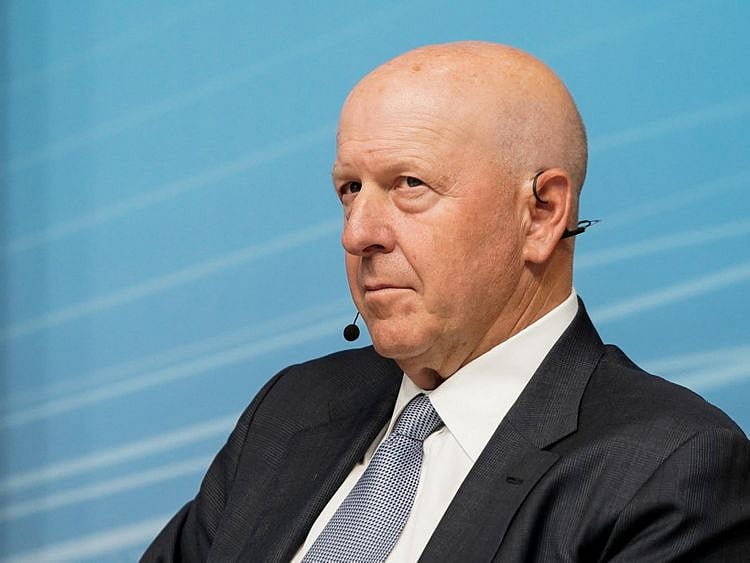Goldman’s Solomon says attacks reduced him to a caricature
“It’s not fun watching some of the personal attacks in the press,” Solomon said

New York: Goldman Sachs Group CEO David Solomon said he doesn’t recognize the person depicted in recent news coverage of him, and that he remains focused on running the firm, including paring down its consumer business.
“It’s not fun watching some of the personal attacks in the press,” Solomon said in a CNBC interview Thursday. “I don’t recognize the caricature that’s been painted of me.”
Turmoil has roiled the upper echelons of Goldman over the past months, driven by Solomon’s decision-making and leaving him squarely in the crosshairs. Solomon’s curt leadership style, coupled with his less-than-successful forays into retail banking and use of the corporate jet, has sowed dissent among the firm’s ranks, with internal criticism surfacing in outlets including New York Magazine and the Wall Street Journal.
A bevy of Goldman partners have left the firm over the past months, with at least five exiting in one week alone this summer. Solomon said the volume of partner exits under him are “absolutely typical.”
Solomon said he has reflected on the criticism and tried to understand ways to improve, but his focus remains on the firm’s performance. He said some of the angst may be driven by compensation declines last year, and by “significant strategic decisions” that are critical to the firm’s future but may be causing disruption in the near term.
This isn’t the first time that changes have caused tension within Goldman Sachs, Solomon said, nor the first that the firm’s leader has been under scrutiny, even if it’s currently being “amplified in an extraordinary way.” He said the firm’s history as a partnership means it has a number of prominent voices, but that he “wouldn’t have it any other way.”
The firm is looking to rectify the mistakes made moving into the retail-banking world by selling GreenSky, its consumer-lending unit. That planned transaction is entering its final stretch.
“We accomplished a bunch of things that I think have been very positive for the firm over the course of the last seven or eight years in building a consumer franchise,” Solomon said in the interview. “What I hear from most of our investors and shareholders is they admire that we tried something, and they also admire that we quickly made the decision that we didn’t think it was working the way we wanted, to pare it back and make a change.”
Sign up for the Daily Briefing
Get the latest news and updates straight to your inbox
Network Links
GN StoreDownload our app
© Al Nisr Publishing LLC 2025. All rights reserved.